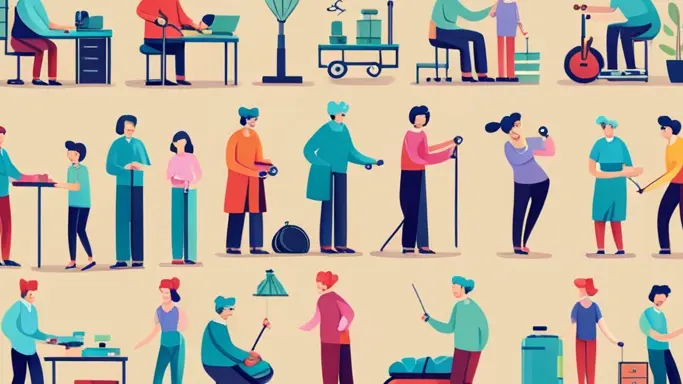Emotional Triggers: Strengthening Relationships Through Understanding
- Ridgeback Recovery

- Aug 19, 2023
- 2 min read
Updated: Jun 4, 2024

Emotional triggers are powerful emotional responses that can arise in relationships, often leading to conflicts, misunderstandings, and stress.
These triggers are rooted in past experiences, traumas, and insecurities that can unknowingly affect our interactions with our partners.
In this article, we delve into the world of emotional triggers, explore their origins, and offer insights on how to navigate them to foster healthier and more harmonious relationships.
Understanding Emotional Triggers
Emotional triggers are like sensitive buttons that, when pushed, evoke intense emotional reactions. These reactions can range from anger, sadness, or anxiety to withdrawal and defensiveness. Triggers are often linked to past experiences or unresolved wounds, causing us to react in ways that may not match the present situation.
Origins of Triggers
Triggers typically stem from past experiences that have left emotional imprints. Childhood traumas, past relationships, and even cultural influences can contribute to the formation of triggers. For instance, a person who experienced betrayal in a previous relationship might develop a trigger around trust issues in their current partnership.
Impact on Relationships
Unaddressed emotional triggers can have a profound impact on relationships. They can lead to recurring arguments, communication breakdowns, and erode the emotional intimacy between partners. Triggers can cause partners to misinterpret each other’s intentions and create a cycle of negative reactions.
Navigating Triggers Together
Self-Awareness: Recognizing your own triggers is the first step. Reflect on past experiences and emotions that tend to surface during conflicts.
Open Communication: Share your triggers with your partner in a calm and non-confrontational manner. Create a safe space for both partners to discuss their triggers openly.
Empathy: Cultivate empathy towards your partner’s triggers. Understand that their reactions may be rooted in past pain, and approach conflicts with compassion.
Active Listening: Listen attentively to your partner’s concerns without judgment. Avoid becoming defensive or dismissive of their triggers.
Mutual Support: Work together to establish strategies for managing triggers. Develop healthy coping mechanisms, such as taking a break during a heated discussion or practicing mindfulness.
Professional Help: If triggers significantly impact your relationship, seeking the guidance of a couples therapist or counselor can provide a structured environment for addressing underlying issues.
Emotional triggers are a natural aspect of human emotions, but they need not be detrimental to relationships. By fostering self-awareness, open communication, empathy, and mutual support, couples can navigate triggers together and build a foundation of understanding. Addressing emotional triggers requires patience and commitment, but the effort is well worth it for the growth, healing, and deeper connection that result. Ultimately, transforming triggers into opportunities for growth can lead to stronger, more resilient, and harmonious relationships.
Note: This article aims to provide general insights into the topic of emotional triggers in relationships. For personalized guidance and support, individuals and couples are encouraged to seek the advice of qualified therapists or relationship experts.



